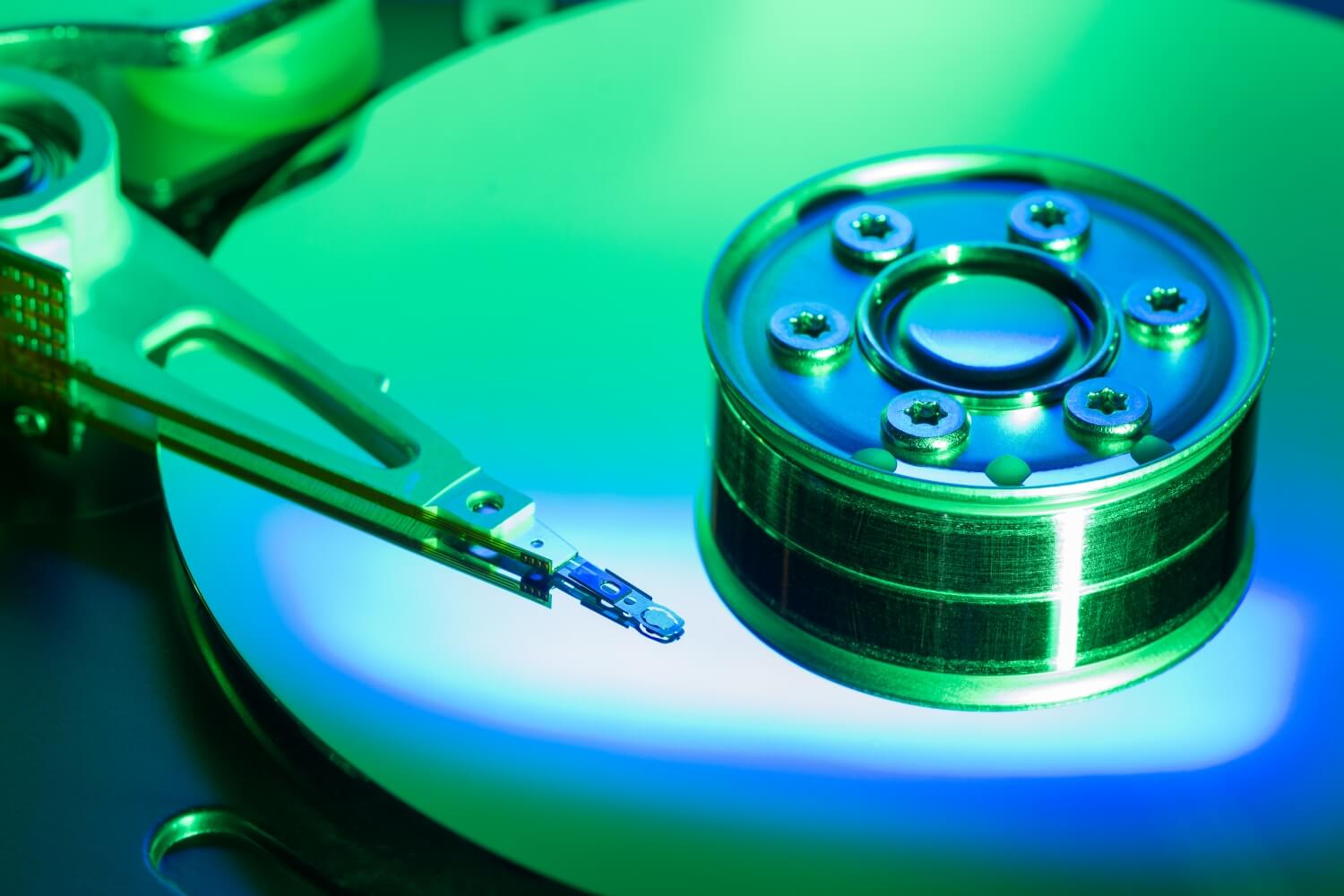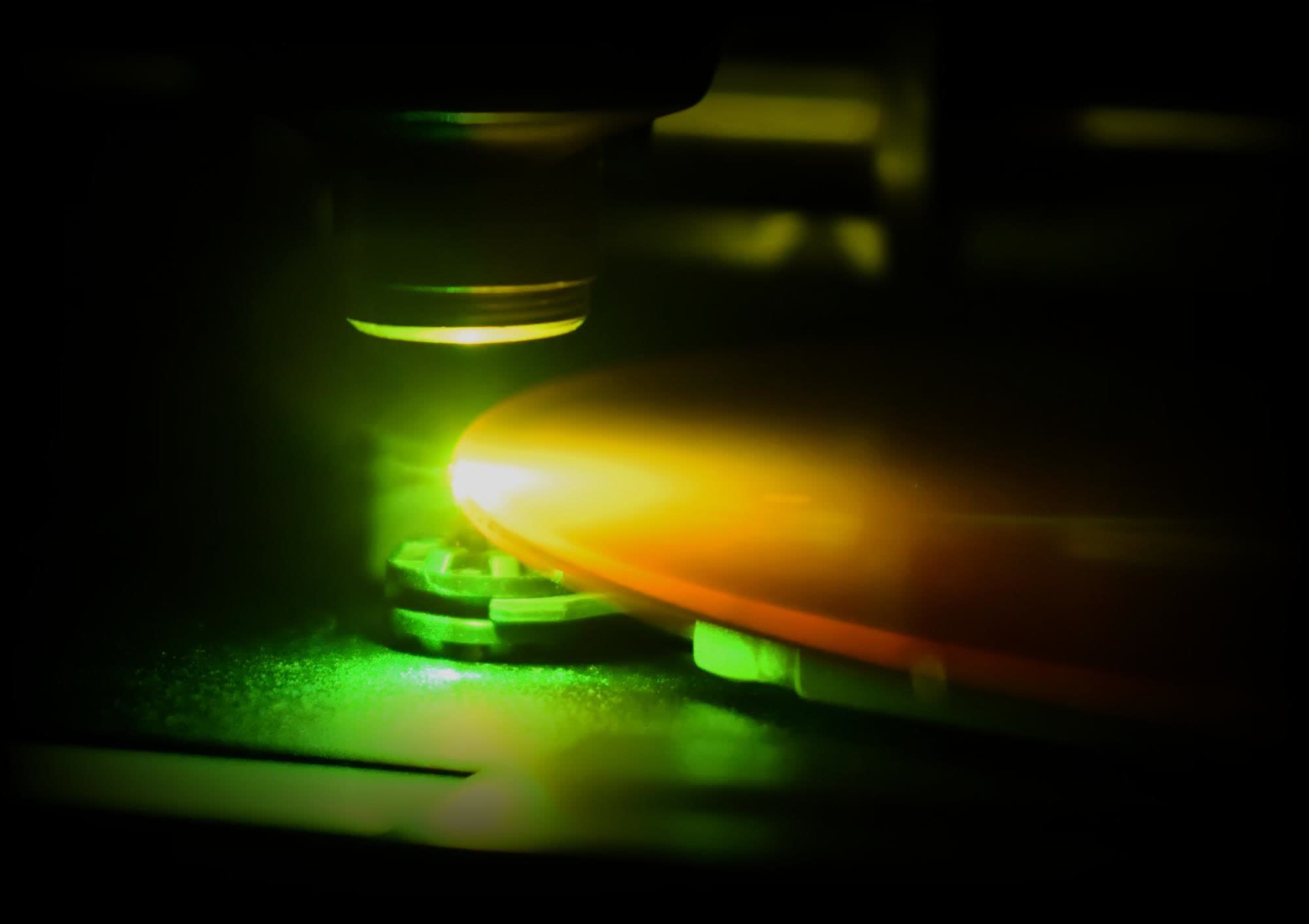Forward-looking: Despite consumer PCs and game consoles transitioning to faster SSDs, traditional disk drives (HDDs) continue to offer ever more space for cold storage at lower prices. One company says it can take a significant leap forward for optical disc technology.

Folio Photonics announced a new method for optical disc storage this week that could make hard drives bigger and cheaper than ever. Using new materials and manufacturing techniques, the company says it can offer storage at $5 per terabyte, and eventually $1 per terabyte. The best hard drives are currently five times more expensive at around $25 per terabyte.
The new optical discs feature dynamic multi-layer write/read capabilities, which previously hadn't been cost-effective at the enterprise scale. Folio achieved this through patented polymer extrusion, film-based disc construction processes, customized optical pickup units, an easily scalable polymer co-extrusion process, and "next-generation materials."
Where archival discs nowadays offer up to three optical layers per side per disc, Folio's achieve 16 film layers. The company plans to continue increasing that number.

Folio also claims that its discs are more energy-efficient than traditional HDDs, with its implementation hopefully lowering the digital storage industry's carbon footprint. Furthermore, the new hard drives are more resistant to electromagnetic pulses.
The company plans to start offering the new hard drives in 2024, with 10-disc units carrying 1TB per disk, translating to 10TB HDDs for around $50. Currently, that much money might get you a 2TB HDD. Folio hopes to offer bigger drives eventually.
If Folio's technology takes off, it could revolutionize the ongoing competition in HDDs over two dozen terabytes. Manufacturers like Western Digital and Seagate are racing to create 30TB drives by the middle of this decade and reach 100TB by 2030. Those companies and Toshiba are pushing the limits of HDD storage and performance with technologies like HAMR, microwave assistance, and iNAND memory.
Seagate released a 20TB HDD in 2020, and WD unveiled a 26TB drive earlier this year. The recent advances in multi-layer technology could significantly accelerate the storage race.
https://www.techspot.com/news/95846-new-optical-disc-tech-could-makes-5-tb.html